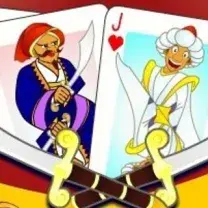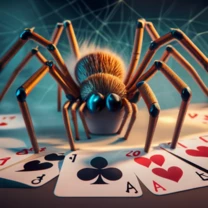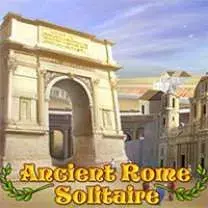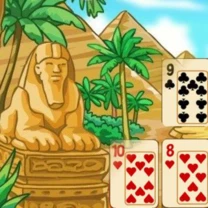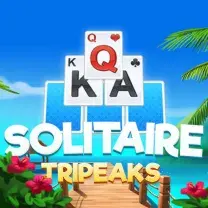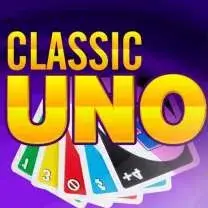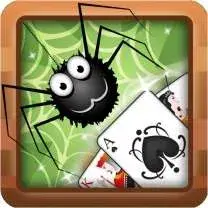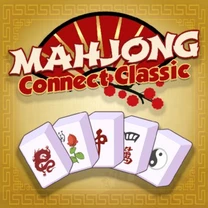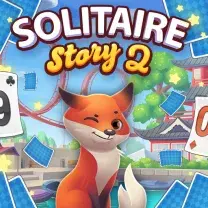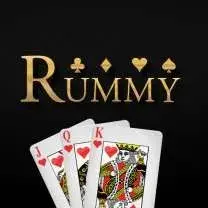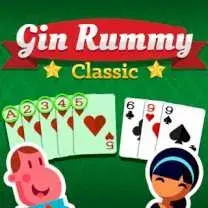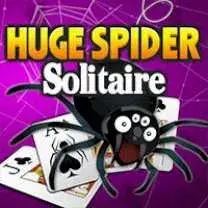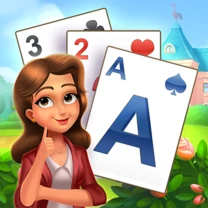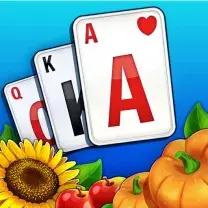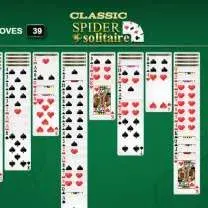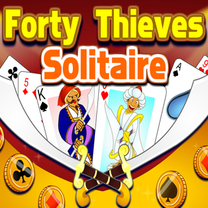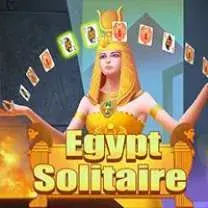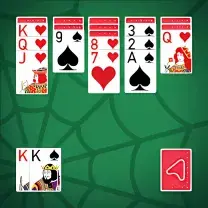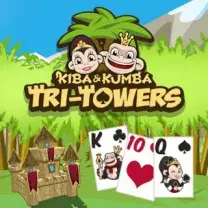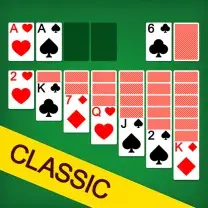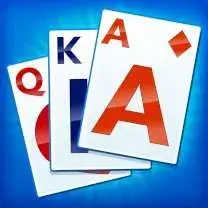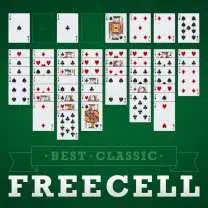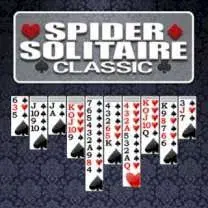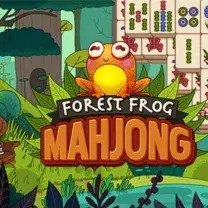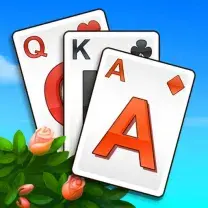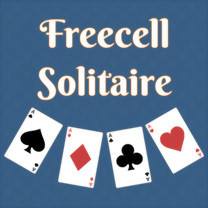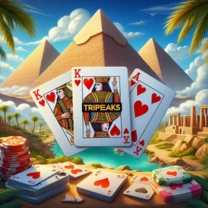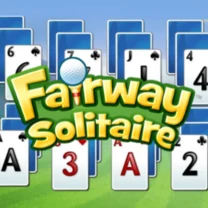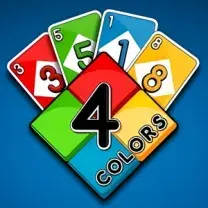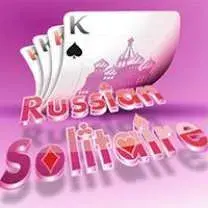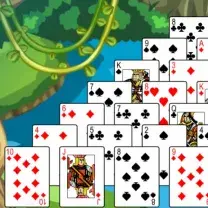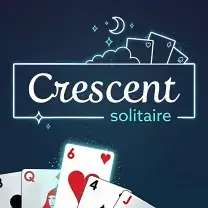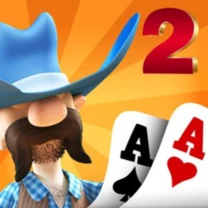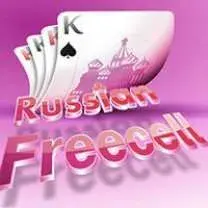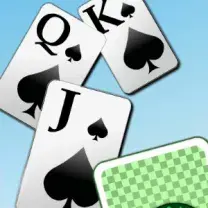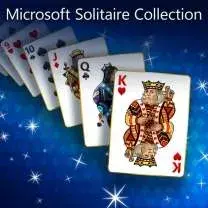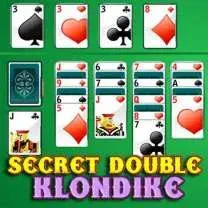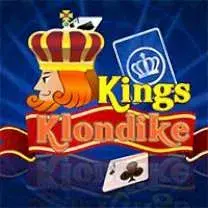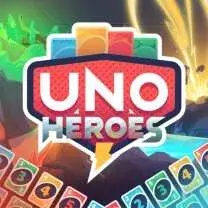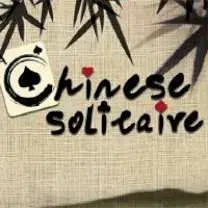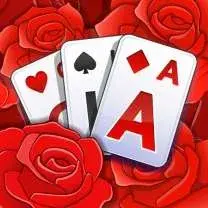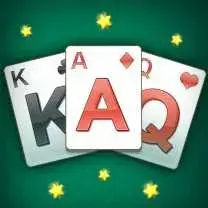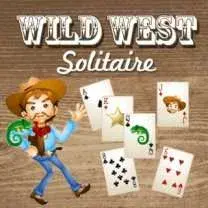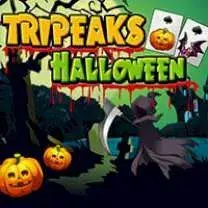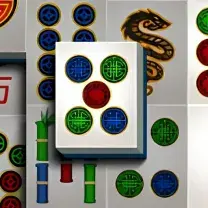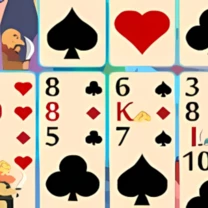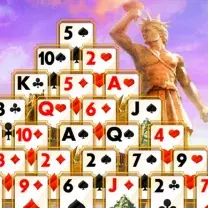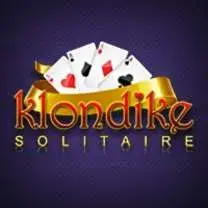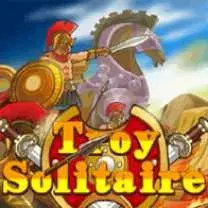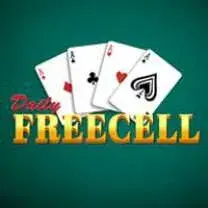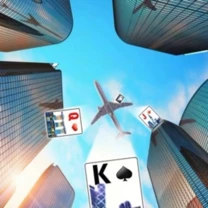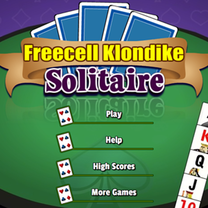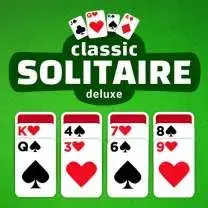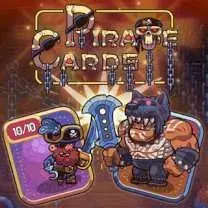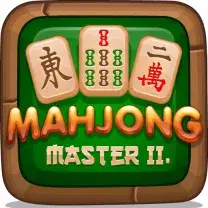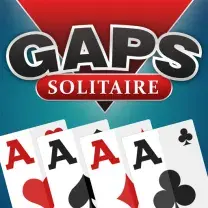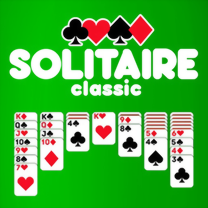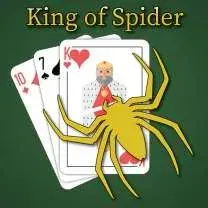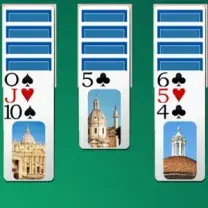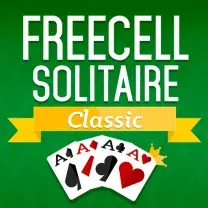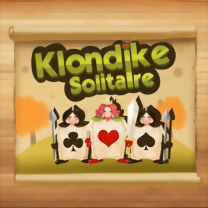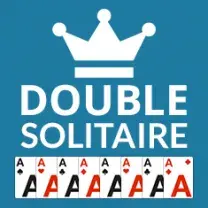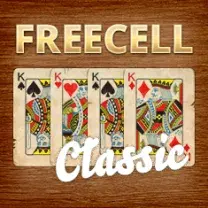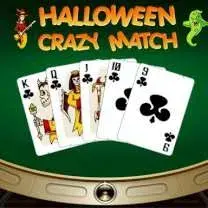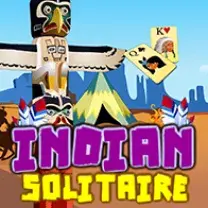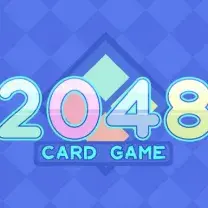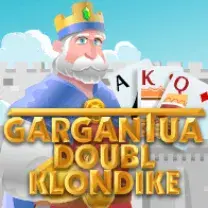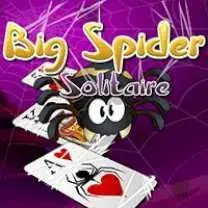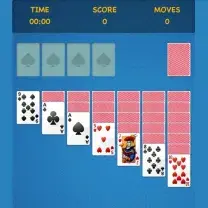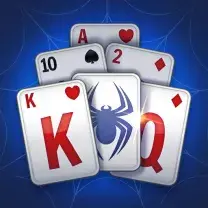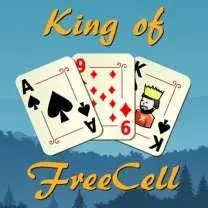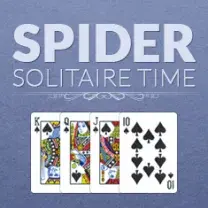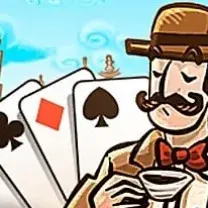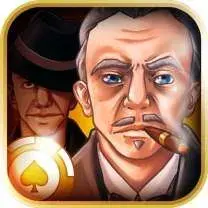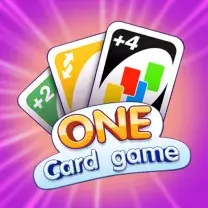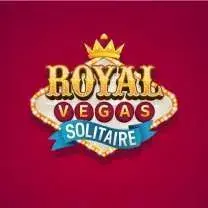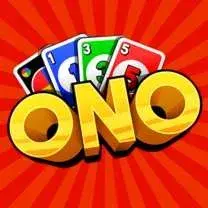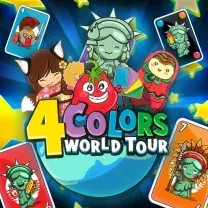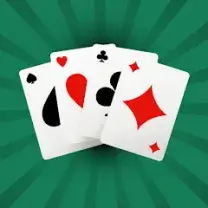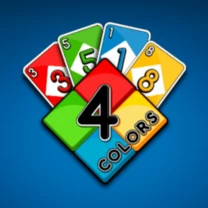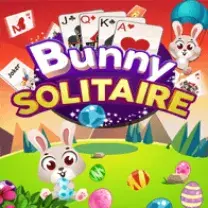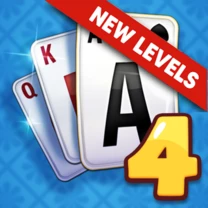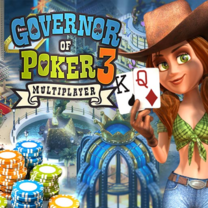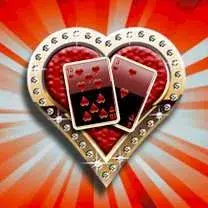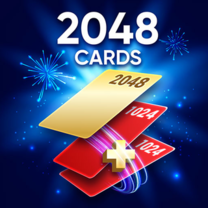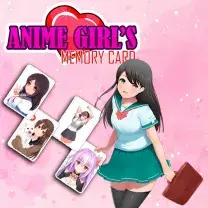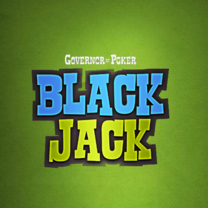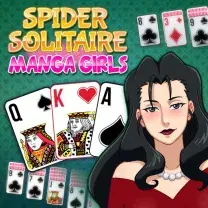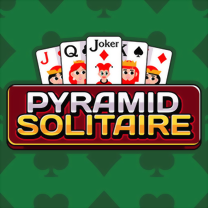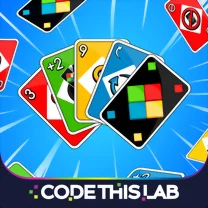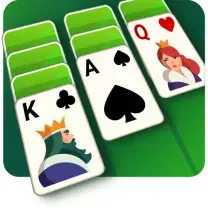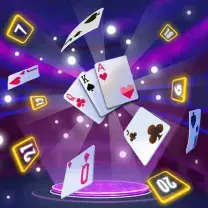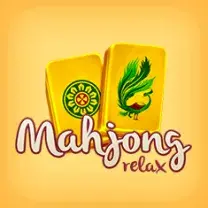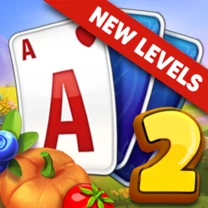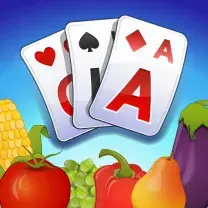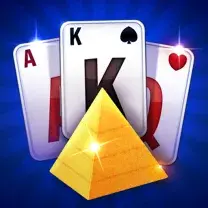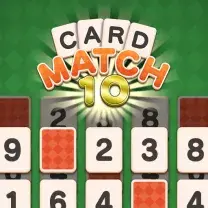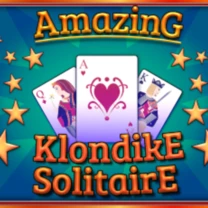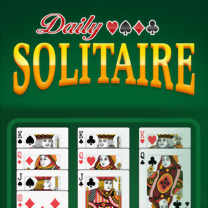🃏 Card games
Card games
If there’s one genre that has truly evolved over the years, it’s the world of card games. What started as simple tabletop experiences has transformed into thrilling virtual battles with complex strategies and engaging narratives. Today, we're diving into the realm of digital card games, exploring what sets them apart, and why they deserve a spot in your gaming library.
At its core, a successful card game strikes a balance between strategy, player skill, and a dash of luck. Titles like Hearthstone and Magic: The Gathering Arena have revolutionized the genre, allowing players to engage in epic duels from the comfort of their homes. These games aren’t just about slapping down cards; they require a deep understanding of card synergies, deck building, and meta-game trends—think of them as a digital chess match, but with spells and minions!
One of the standout features in modern digital card games is the incredible variety of cards available. Each card can introduce a unique mechanic or synergy that can totally change the way you play. For instance, in Legends of Runeterra, the champion system adds layers to player strategies as you choose to build around specific characters that can turn the tide of battle. You’ll find yourself facing off against opponents where choosing the right combination can mean the difference between victory and getting stomped in under five turns.
The graphics and animations of today’s card games are also a world away from the static images of yesteryears. Animated cards come to life with vibrant artwork and stunning animations that draw you into the game. When you cast a powerful spell in Gwent, for example, you’re not simply playing a card; you’re witnessing a mini cinematic unfold right before your eyes. The producers have done an exceptional job creating an immersive experience that keeps players on the edge of their seats.
Moreover, let's talk about community. The best card games today have vibrant player bases, passionate enough to produce countless strategies and gameplay videos. Communities on platforms like Twitch and YouTube share deck ideas, meta discussions, and even casual gameplay streams that can help newcomers get their feet wet without feeling overwhelmed. The learning curve can be steep at times, but with support from the community, anyone can become a formidable opponent.
However, as tempting as it is to jump into these games, there are a few pitfalls to be wary of. The prevalent practice of monetization through card packs can sometimes leave a bad taste. While it’s exciting to think about the thrill of opening a new pack and adding powerful cards to your collection, it's essential to keep an eye on your spending. Some games veer into the territory of “pay-to-win,” which can limit the playing field for those who want a more authentic experience.
Despite the nuances of monetization, card games have a way of pulling you in and keeping your attention. The thrill of outsmarting an opponent, spending a lazy afternoon tweaking your deck, or even just enjoying the art and lore behind each card is unmatched. There’s something deeply satisfying about crafting the perfect strategy and watching it come to fruition when those final cards hit the table.
For those eager to give digital card gaming a shot, I highly recommend starting with Hearthstone or Legends of Runeterra. Both games strike impressive balances of complexity, community interaction, and fun gameplay mechanics, making them accessible for newbies and challenging for veterans alike. Plus, they offer tons of free content that helps you build your card collection without breaking the bank.
In conclusion, if you’re looking for an engaging way to flex your strategic thinking skills, or simply want to indulge in a rich, lore-filled universe, dive into the world of digital card games. They’re more than just virtual decks—they're a thrilling escape that you'll keep coming back to. So grab your favorite cards, find your crew, and let the battles begin!
